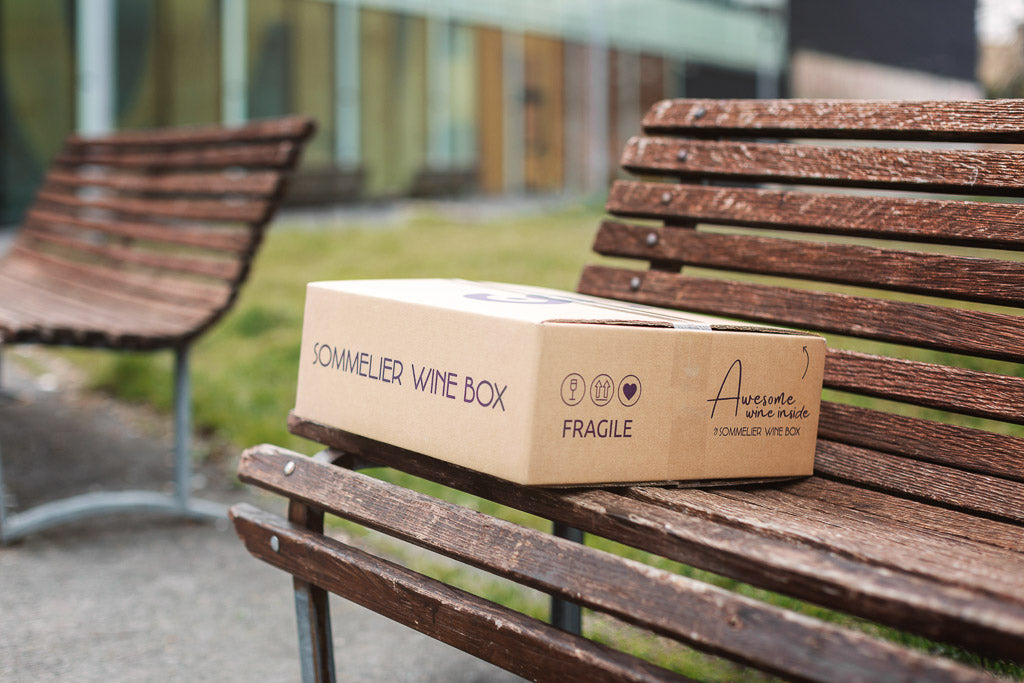Biodynamic wine is one of the great wine themes of the moment, even if few really know what it is. Some skeptics still classify it as a fad, but that's not the case. Biodynamic wine is certainly experimental but embodies some of the basic values of making "good" wine, including respect for the soil and environment, and the search for the territoriality of the products. Biodynamic winemakers therefore keep the quality bar high for the entire sector. And for consumers.
Green practices, and biodynamic ones specifically, today are no longer adopted only by a few dreamers but we are faced with a goal that many winemakers are aiming for. But what really is biodynamic wine? Let's clarify in 10+1 simple points.
1️⃣ How is biodynamic wine defined?
Biodynamic wine is that obtained from biodynamic agriculture, which applies the agronomic principles of Rudolf Steiner's philosophy.
2️⃣ What are the principles of biodynamic agriculture ?
The principles of biodynamic agriculture are these:
- no to chemistry in the vineyard but natural fertilizers
- minimal use of machinery
- respect for the phases of the moon
- maintenance of soil fertility
- crop rotations
- harvesting perfectly ripe grapes
- use of biodynamic preparations (natural compost) to stimulate vital phenomena, treat plants and make them healthy and strong .
3️⃣ What are the philosophical principles of biodynamic agriculture?
The biodynamic concept aims to create a harmonious integration between the farmer, the soil and the plants, and therefore re-establish a balance that allows us to avoid the waste of energy and enhance the biological heritage of the territory.
4️⃣ How are the vineyards treated with biodynamic practices?
The result of biodynamic practices is to have healthy vineyards , capable of defending themselves against adversities (heavy rains, drought, parasitic attacks...).
5️⃣ How is biodynamic wine made in the cellar ?
The basic concept is that with healthy grapes the intervention in the cellar can (and must) be minimal ?
The sulphites added are lower than the limit allowed for conventional wine. The maximum quantity of natural sulphites that can be present is 70 mg/l in red wines, 90 mg/l in whites and 60 mg/l in sparkling wines. In this sense, the biodynamic winemaker can be thought of as a sort of nature assistant .
6️⃣ Who regulates biodynamic wines?
Today there is no legislation that regulates the biodynamic winemaking process but the international association Demeter (Italian Association of producers, processors and distributors of biodynamic agricultural and food products) defines the guidelines for the transformation, production, winemaking and also labeling of biodynamic wines . In addition to certified biodynamic wineries, however, there are many companies that operate according to these same principles without certification . This is not surprising: these methods allow the soil to be significantly improved and this quality is transferred to the grapes, the true and only objective.
7️⃣ Is it true that biodynamic winemakers are creative?
There is no shortage of more curious practices: in a biodynamic vineyard you can meet animals among the rows as well as people playing the guitar, convinced that music is also good for the plants...
8️⃣ What is the future of biodynamic wine?
The challenge is to focus on the absolute quality of the grapes and on winemaking processes that enhance the land and the vine. But above all, do not be subject to the rules and concentrate your efforts on creating more and more memorable wines with character .
9️⃣ How is biodynamic wine?
Impossible to tell it as one thing, is it an experience worth trying?
Simplifying, it is usually a wine:
- drinkable
- with intense primary aromas (especially fruit) because the plant is very strong in photosynthesis and therefore produces many aromas
- it is produced in small quantities
- it is generally (and rightly) more expensive than that produced with more conventional methods.
1️⃣0️⃣ And the winelovers?
Biodynamic wines have become popular and enthusiasts are increasingly willing to pay a premium price for these products, certainly perceived as trendy but also as healthier.
TO LOOK FURTHER
What are the consequences of producing with biodynamic methods?
There are also advantages for combating climate change . The protection of the ecosystem and more sustainable practices reduce the impact of viticulture on the environment, allowing for the best protection of primary resources. Above all: water, since the use of humus improves the water retention of the soil. For the benefit of future generations.
In various past selections we have proposed BIODYNAMIC WINES , in unique selections designed by our sommeliers.





